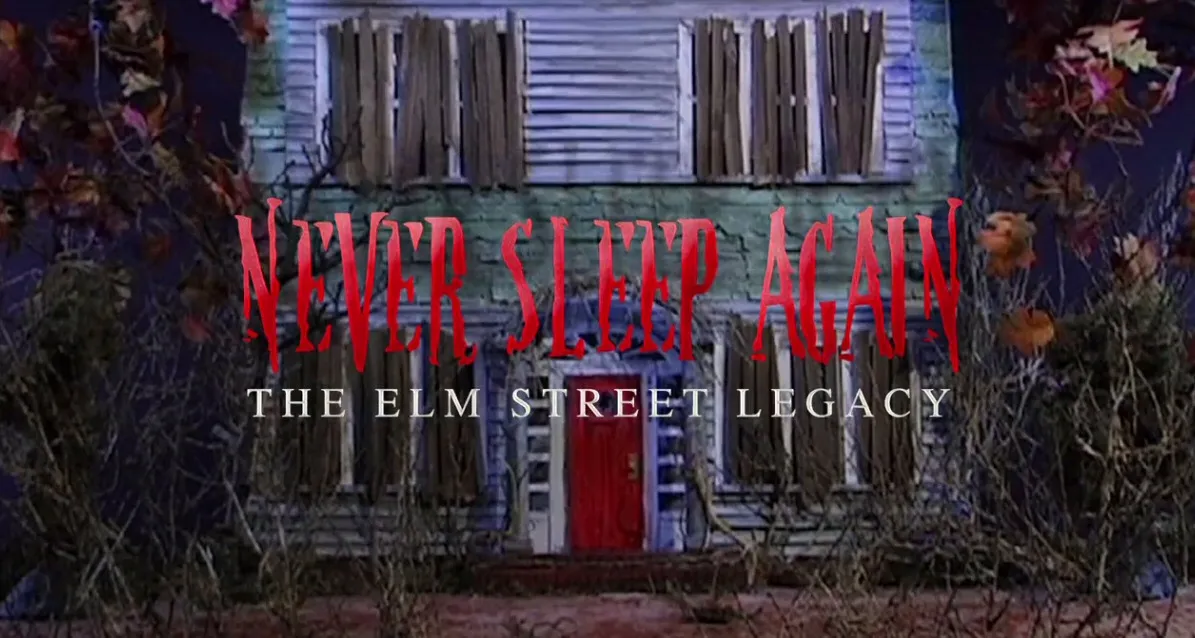“He doesn’t just sing — he testifies. Every song a sermon, every lyric a wound healed in real time.”
There’s one undeniable truth about Jelly Roll: he doesn’t just sing — he preaches. Every lyric, every rasp in his voice, every story poured into his songs feels like a sermon from a man who’s lived through hell and found his way back with scars as proof. In a world of glossy pop hooks and polished country choruses, Jelly Roll’s music stands raw and defiant — a mix of southern grit, gospel heart, and hip-hop confession. He doesn’t just perform; he testifies.
Born Jason DeFord in Nashville, Tennessee, Jelly Roll grew up surrounded by struggle. His early years were marked by arrests, addiction, and loss — but from that chaos came something unshakably real. His songs aren’t written from the safety of hindsight but from the trenches of pain. In Save Me, he pleads for redemption with a trembling honesty that could break even the hardest heart. In Son of a Sinner, he lays bare his contradictions — a man torn between faith and failure, grace and guilt. His music is not about perfection. It’s about confession.

When Jelly Roll takes the stage, it feels less like a concert and more like a revival. He speaks between songs with the conviction of a man who has seen darkness up close — and refuses to let anyone in his audience face theirs alone. “If you’re fighting something, don’t give up,” he tells his fans. “We all fall short — but we still rise.” The crowd responds not with applause but with tears, shouts, and an understanding that transcends celebrity. In that moment, Jelly Roll isn’t a star. He’s a mirror.
His rise has redefined what country music — and fame itself — can mean. In an industry built on image, he’s unapologetically imperfect. Tattoos cover his face, pain colors his voice, and authenticity fuels his art. He collaborates not for clout but for connection, blending genres as easily as he blends truth with melody. To some, he’s a rebel. To others, a prophet. But to his fans, he’s something rarer: proof that broken doesn’t mean beyond repair.

More than anything, Jelly Roll’s power lies in empathy. He speaks to those society overlooks — the addicts, the dreamers, the lost souls trying to make peace with their pasts. His songs don’t glorify pain; they redeem it. They turn every mistake into music, every scar into scripture. In an era obsessed with perfection, Jelly Roll preaches imperfection as a form of grace.
So yes — one thing about Jelly Roll: he’s gonna preach. Not from a pulpit, but from a microphone. Not with judgment, but with love. And when he sings, he reminds us that even the most broken among us still have a voice worth hearing — and a story worth saving.
-1752745545-q80.webp)


